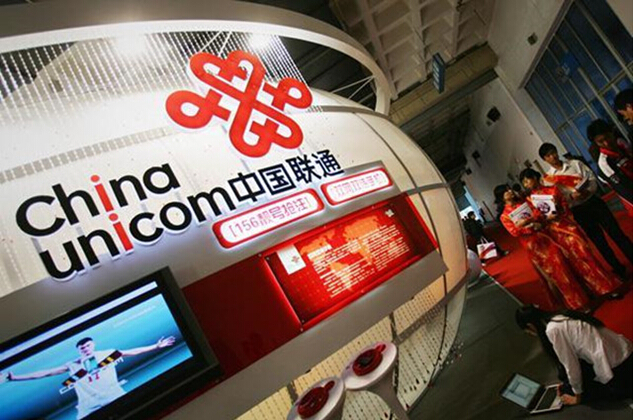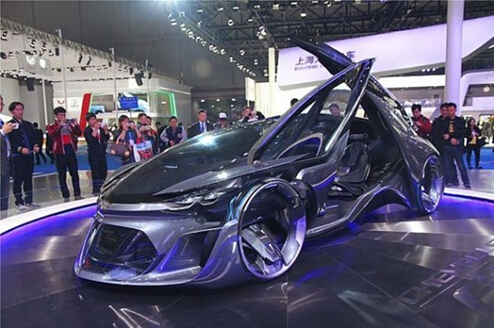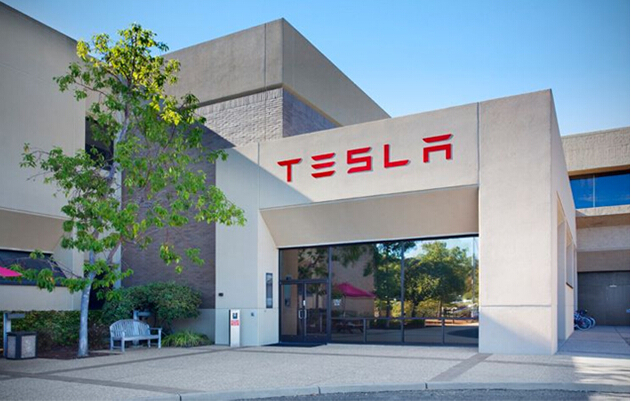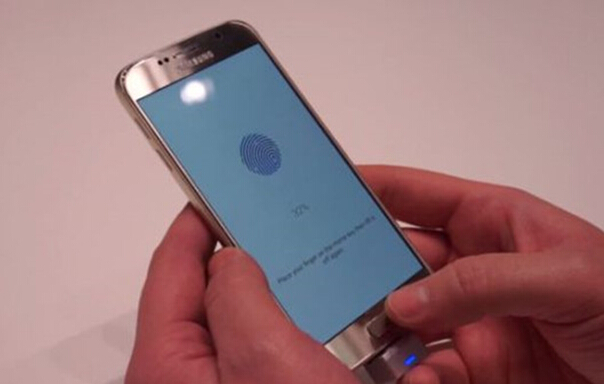Today's core language
On April 22nd, Google (microblogging) is about to launch wireless services in the United States, which will further promote the development of telecommunications services. This move brings more uncertainty to the wireless industry, which is deeply mired in price wars. According to informed sources, Google's wireless service will be charged according to the actual monthly data usage. Google’s move could prompt operators to abandon the previously profitable “data package†service. According to informed sources, Google's wireless service will rely on Sprint and T-Mobile's network, and the two operators have agreed to transmit data services to Google. For more information on technology, please pay attention to the daily electronic core morning newspaper.

First, communication news
1. Google is about to launch wireless communication services in the United States. On April 22nd, Google (microblogging) is about to launch wireless services in the United States, which will further promote the development of telecommunications services. This move brings more uncertainty to the wireless industry, which is deeply mired in price wars. According to informed sources, Google's wireless service will be charged according to the actual monthly data usage. Google’s move could prompt operators to abandon the previously profitable “data package†service. According to informed sources, Google's wireless service will rely on Sprint and T-Mobile's network, and the two operators have agreed to transmit data services to Google. Google Wireless Services initially only supported Nexus 6 phones, and the Nexus 6 can switch between Sprint and T-Mobile based on signal strength. Google's wireless service is also expected to use the Wi-Fi network to transmit call and data services, which will further reduce user bills.
2. China Unicom denied the merger with China Telecom. Recently, the media reported that the restructuring of the telecommunications industry will be reorganized, and China Telecom and China Unicom will merge. In this regard, China Unicom recently announced that the company did not have a plan to merge with China Telecom, nor was it notified by the higher authorities. China Unicom pointed out in the announcement that the company's current production and operation activities are normal, there is no significant information that should be disclosed but not disclosed, which affects the abnormal fluctuation of the company's stock price. In the case of the merger, the company’s controlling shareholder and the company have not received any written or verbal information from any government department regarding the above reports; neither the controlling shareholder nor the company has indicated this to any department or enterprise. intention.

China Unicom denied merger with China Telecom (picture from Tencent)
Second, automotive electronics
1, Quanergy pushes cheap laser radar, which greatly reduces the cost of driverless driving. On the morning of April 22, the US startup Quanergy Systems announced that it has solved several major problems that may affect driverless cars entering the mass market, the most important of which is the cost factor. Quanergy said the company will offer lidar at a low price of $250 next year, the size of a credit card. In addition, the company promised to reduce the price to $100 or less by 2018, and the size will be reduced to similar to stamps. The company's CEO, Louay Eldada, said that the goal was to benefit from a solid-state laser system, which was his research direction at Columbia University.
2, Chevrolet unmanned electric car, can automatically switch smart driving. A few days ago, Chevrolet showed the latest FNR electric driverless concept car at the Shanghai Auto Show, giving people a high sense of coldness. If the future electric car is like this, it should be quite expected. It is understood that this FNR concept model is designed and developed by the Pan Asia Automotive Technology Center. The Chevrolet FNR uses an electric motor to power the wireless charging, gesture control, and pupil recognition start. The FNR also automatically checks the driver's condition. Once the condition is not good, it automatically switches to Intelligent driving is very user-friendly.

Third, smart home
1. As a world-famous home furnishing brand, IKEA has recently brought us a new concept kitchen design. IKEA believes that the kitchen of the future should not be simply a simple stack of smart devices, but should become a technology center. In the latest design of Concept Kitchen 2025, IKEA has shown us a new concept kitchen of the future, which helps us save time and resources, such as storage room induction cooling system (showing food preservation time) and automatic garbage collection system. There is also a very smart kitchen counter. This console includes a projector with a camera that recognizes the ingredients and ingredients of the food while automatically generating recipes and weights. In addition, a magnetic induction furnace is hidden under the table, which can be heated by placing the cooking tool directly on the table.

Fourth, battery technology
1. Tesla will push products such as household batteries or threaten the power grid. Beijing time on April 22, according to Bloomberg News, electric car manufacturer Tesla's email shows that the company will launch a household battery and a "oversized" utility battery on April 30. Musk said in a conference call in February: "We will release Tesla household batteries. It is a consumer battery that will soon be used by families or businesses." Analysis believes that if Tesla is for consumer and business The introduction of high-performance power storage devices in the market may pose no small threat to traditional power grids.

Tesla will push products such as home batteries or threaten the grid (Yahoo)
Five, intelligent hardware
1, Nokia cried, Samsung GALAXY S6 can lick walnuts. Samsung's latest flagship smartphone, the Galaxy S6, is one of the best Android smartphones available today. It has a sharp display, high-end atmospheric design, enhanced features and a camera. These are all good "light spots" of this phone, but do you know that the Galaxy S6 can also act as a ç ¸ walnut artifact like the Nokia phone of the year? If you have a video, please search for it yourself.
2. Samsung pushed fingerprints in South Korea at the end of this month. According to South Korean media reports, Samsung SDS, an IT services subsidiary of Samsung Group, announced that they plan to launch a fingerprint-based mobile payment system at the end of this month. The system was first launched in Korea and will be rolled out globally. It is not yet certain whether this fingerprint payment system is part of Samsung Pay or an independent service. Currently, Samsung's biometric authentication system has been certified by the FIDO Association, an international consortium that develops biometric authentication system standards, including Microsoft, Google, Qualcomm and PayPal.

Easy Electronic Technology Co.,Ltd , https://www.yxpcelectronicgroups.com